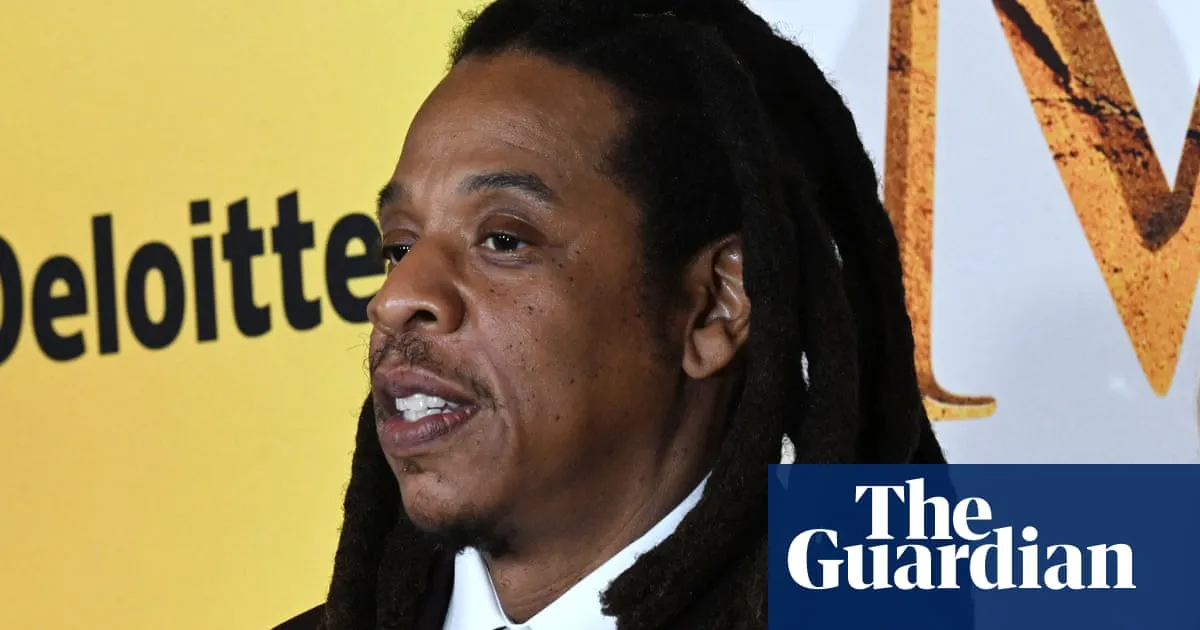
Jay-Z, whose real name is Shawn Carter, has initiated a lawsuit against an anonymous woman who previously accused him of rape but withdrew her allegations in February. The lawsuit alleges that the woman, referred to as Jane Doe, and her legal representatives knowingly presented a false claim against the rapper. This legal action was filed in Alabama, where Jane Doe resides.
According to Jay-Z’s lawsuit, the woman allegedly confessed to his representatives that her account of being raped by both Jay-Z and Sean ‘Diddy’ Combs when she was just 13 years old, during an afterparty for the 2000 MTV Video Music Awards, was fabricated. The lawsuit claims that this admission confirms the story brought forth in court and on global television was a false, malicious story.
In an interview with NBC News, Jane Doe stated that she had “made some mistakes” regarding her allegations. She mentioned that her father picked her up after the alleged incident; however, he did not remember this event. Furthermore, she claimed to have spoken with a musician at the afterparty, but that individual was confirmed to be on tour at the time.
As a result of these developments, Jay-Z's new lawsuit includes a defamation claim against Jane Doe, accusing her of malicious prosecution. The lawsuit asserts that Jay-Z has suffered significant reputational damage and that his company, Roc Nation, incurred losses exceeding $20 million due to the allegations.
In response to the lawsuit, Jane Doe’s lawyer, Tony Buzbee, stated that Jay-Z's claims have “no legal merit.” He further argued that the quotes attributed to Jane Doe in the lawsuit were either “completely made up” or misattributed, asserting that they have no basis in truth. Buzbee characterized the lawsuit as an attempt to intimidate and harass Jane Doe, vowing that they would not be intimidated by what he termed “frivolous cases.”
It is noteworthy that Buzbee is currently facing a separate lawsuit from Jay-Z, who accused him of attempting to extort a “confidential mediation” regarding Jane Doe’s allegations last year. A judge considered dismissing the extortion claim but allowed the defamation claim to proceed, although a final decision remains pending.
In a recent affidavit related to the ongoing case, Jane Doe revealed that she was approached in February by two individuals claiming to be investigators working with Jay-Z’s legal team. She stated that she declined to sign any documents recanting her previous allegations. Jane Doe admitted that she withdrew her original lawsuit largely out of fear of Jay-Z and his fanbase, expressing concern about being publicly identified and facing potential public backlash.
The ongoing legal saga surrounding Jay-Z and Jane Doe highlights the serious implications of false accusations and the complexities of defamation law. As the case progresses, it continues to draw significant media attention, raising questions about credibility, accountability, and the impact of public allegations on individuals' lives and careers.